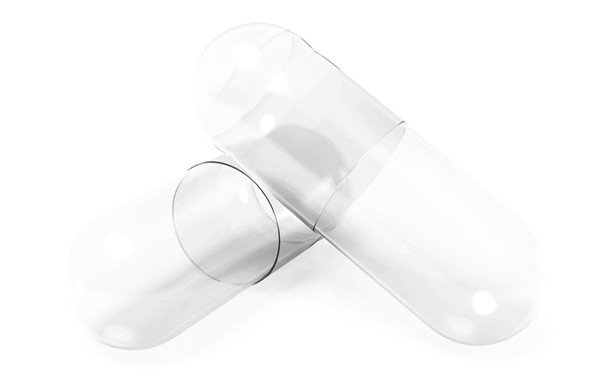
Potassium supplements – why do we take them?
Potassium is a key element in regulating the water – electrolyte balance in the body, as well as cellular conduction. It is accumulated in every cell of the body, where it maintains the right membrane potential. It conditions proper conduction of neural impulses. That way potassium supports the functioning of the nervous and muscle system. This particular element is therefore crucial for proper functioning of the muscle system , as well as the heart muscle. That’s why the supplement form of it is often used by people who do sports – in such case preparations containing potassium on one hand support muscle activity, and on the other – they supplement the potassium supply lost through perspiration when working out. Potassium is also often supplemented by people suffering from hypertension or arrhythmia.
Potassium also regulates insulin secretion, as well as sensitivity of cells to its activity. People suffering from diabetes and going through an insulin treatment should supplement potassium. This element also maintains the right pH of the body, activating plenty of enzymes.
Potassium supplementation is recommended pretty much to everyone – as the diet doesn’t cover the daily potassium requirement which for an adult can be as high as 4700 mg.
Taking preparations that contain this element is especially recommended – besides the already mentioned cases – when at risk of losing potassium through:
– vomiting and diarrhea
– taking laxatives and diuretics
– extensive burns
– polyuria related to diabetes or certain hormonal disorders
Absorbing potassium from the diet
One should make sure to get as much of potassium supply with the diet as possible. The largest amounts of this element is present in cocoa, legumes, groats, poppy seeds, nuts and almonds, as well as potatoes or tomatoes. Much less potassium is present in animal-based products. The average diet provides about half the daily potassium requirement. At the same time, it provides too much sodium that mostly comes from salt – which causes less potassium to be absorbed from the diet.
Other factors that limit the amount of this element being absorbed are:
– alcohol
– caffeine
– sugar
– aspirin
– certain antibiotics
– diuretics
– cortisone
– aldosterone
– stress
Absorption of potassium increases, on the other hand, in presence of vitamin B6 or magnesium. The natural sources of potassium, such as grains or nuts, have plenty of magnesium or vitamins B.
People taking diuretics, working out intensely, abusing alcohol, suffering from diabetes or underfed, as well as those struggling with frequent diarrhea and vomiting, probably won’t get enough potassium from their diet. The only solution is regular potassium supplementation – one should know, however, which supplement to choose out of the rich choice of supplements available on the market.
What decides whether particular potassium can be absorbed?
When it comes to potassium supplements, the same rule applies as with absorbing potassium from the diet – the factors that cause this element to be less absorbed from the natural sources of it will also have a negative impact when taking supplements. Except the absorption of potassium also depends on its chemical composition. Much poorer bioavailability occurs is non-organic potassium chloride, whereas its organic forms – such as citrate or gluconate get absorbed very well. Their bioavailability is estimated to be as high as 85 – 90%. On top of that, these organic forms of potassium don’t burden the body with excessive amounts of chloride.
Besides the active substance form, it is also a good idea to pay attention to the presence of accompanying substances. In most cases, these are pointless additives with negative impact on health. We’re talking about fillers, anti-caking agents, preservatives or synthetic colorings. They might cause allergies, irritate stomach and have a negative impact on absorption of potassium.
One more issue should be considered: what type of potassium is easier to absorb – in pills or other form of preparation? A vast majority of potassium supplements is pills. Such formula of a supplement shows moderate digestion rate, plus it is related to using large amounts of filling substances. A better choice is capsules. Potassium in capsules gets absorbed better, as a capsule can be digested even several times faster than pills.






One Response
Visitor Rating: 5 Stars